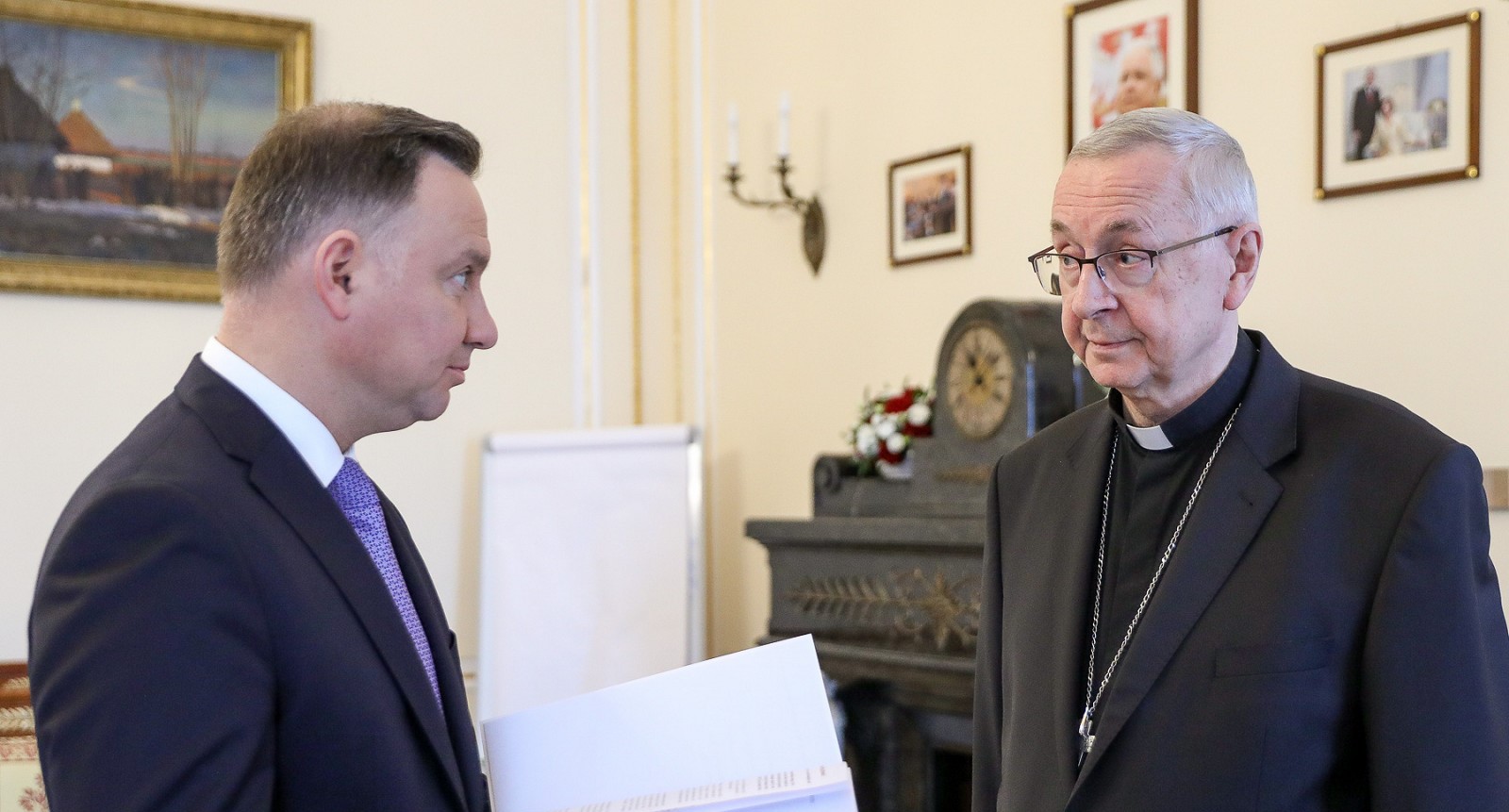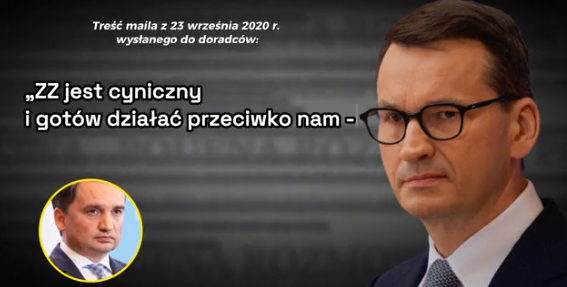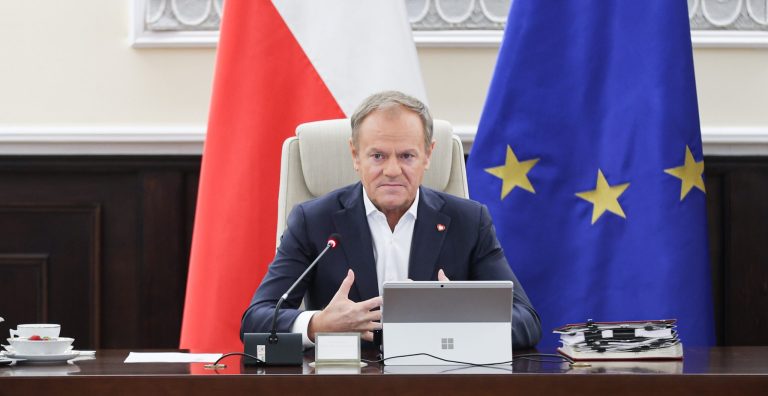Polish president signs law on funding IVF despite appeal from church

President Andrzej Duda has signed into law a bill restoring state funding for in vitro fertilisation (IVF) treatment, which had been cut under the previous national-conservative Law and Justice (PiS) government.
It was the first time the president, a PiS ally, was called on to approve legislation after a new, more liberal government led by Donald Tusk came to power this week. Duda also approved the IVF law despite a last-minute appeal not to from the head of Poland’s Catholic church.
Prezydent @AndrzejDuda podpisał:
• Ustawę z dnia 7 grudnia 2023 r. o zmianie ustaw w celu wsparcia odbiorców energii elektrycznej, paliw gazowych i ciepła;
• Ustawę z dnia 12 grudnia 2023 r. o zmianie ustawy o doręczeniach elektronicznych;
• Ustawę z dnia 29 listopada 2023… pic.twitter.com/Tgf96ieV40
— Kancelaria Prezydenta (@prezydentpl) December 15, 2023
After winning a parliamentary majority in October’s elections, the three groups that form Tusk’s coalition – his centrist Civic Coalition (KO), the centre-right Third Way (Trzecia Droga) and The Left (Lewica) – pushed through legislation in November to restore financing for IVF.
That funding had been cut by PiS when it came to power in 2015. It had claimed there were not enough funds available for IVF, though as a party with close ties to the Catholic church it also had religious reasons for opposing the procedure.
In a letter to Duda yesterday, Archbishop Stanisław Gądecki – the president of the Polish Episcopal Conference (KEP), the central organ of the Catholic chuech in Poland – “kindly requested that you refuse to sign” the new IVF bill into law.
“Human life is a fundamental value and an indispensable good,” wrote the archbishop. “It therefore demands absolute protection, regardless of the period and quality of human life. The in vitro method, meanwhile, is experimentation on man, its peculiar ‘production’ constituting ‘a form of seizure of human life’.”
I kindly request that you refuse to sign the Act of November 29, 2023, amending the Act on health care services financed from public funds – wrote @Abp_Gadecki in a letter to the President of the Republic of Poland.https://t.co/lfEW2LCKAv pic.twitter.com/DkUxFZhytH
— Church in Poland (@ChurchInPoland) December 15, 2023
Despite being a practising Catholic and enjoying a close relationship with the church hierarchy, Duda ignored Gądecki request and signed the bill into law on Friday instead of exercising his right to veto it.
In a statement, the president’s office said that Duda had “taken into account the fact that the in vitro method raises concerns of an ethical nature in the opinion of part of society”. It also added that he would submit a further bill to provide financing for other forms of fertility treatment.
The newly signed bill assumes annual state funding of at least 500 million zloty (€116 million) for IVF treatment. Parliament rejected an amendment proposed by PiS that the money only be available to married couples.
Poland’s parliament has voted in favour of plans to restore state funding for IVF treatment.
That would reverse a decision by the outgoing conservative government to end the funding in 2015. The incoming new ruling coalition has pledged to restore it https://t.co/oZt6Eag7Gu
— Notes from Poland 🇵🇱 (@notesfrompoland) November 29, 2023
After state funding for IVF was previously introduced under Tusk’s former government in 2013, it led to the births of over 22,000 babies in the period 2013-16.
After PiS came to power in 2015, it cut that funding the following year. However, a number of cities stepped in to provide their own financing of IVF treatment for residents.
In the statement announcing Duda’s decision to sign the bill, his office noted the “demographic challenges” Poland is facing. The country’s birthrate has collapsed in recent years, with the number of births recently falling 11% year-on-year, the first time that figure has reached double-digit levels.
The annual number of births in Poland has fallen 11%, the first time the figure has hit double-digit levels.
Poland’s birth rate has been in sharp decline since 2018 and is among the lowest in Europe.
Read more here ⬇️ https://t.co/3jN6RvHPHX
— Notes from Poland 🇵🇱 (@notesfrompoland) October 26, 2023
Notes from Poland is run by a small editorial team and published by an independent, non-profit foundation that is funded through donations from our readers. We cannot do what we do without your support.
Main image credit: Krzysztof Sitkowski/KPRP

Daniel Tilles is editor-in-chief of Notes from Poland. He has written on Polish affairs for a wide range of publications, including Foreign Policy, POLITICO Europe, EUobserver and Dziennik Gazeta Prawna.






